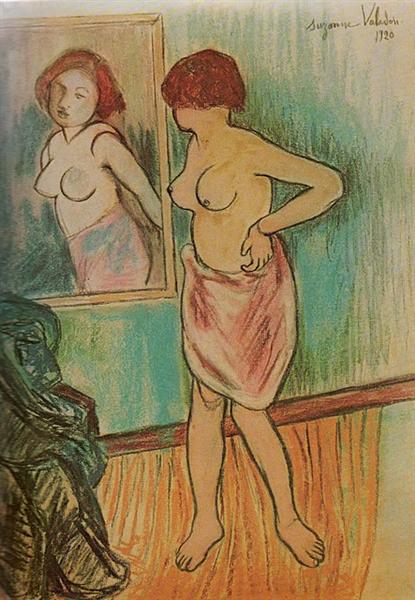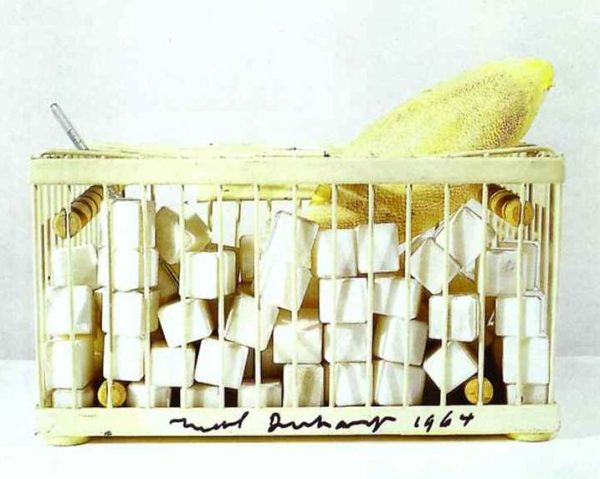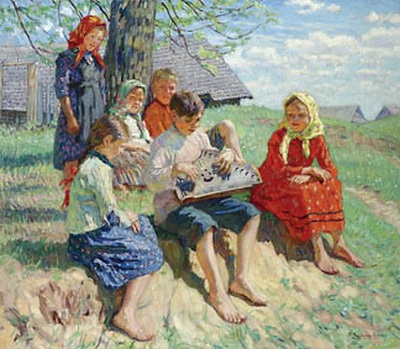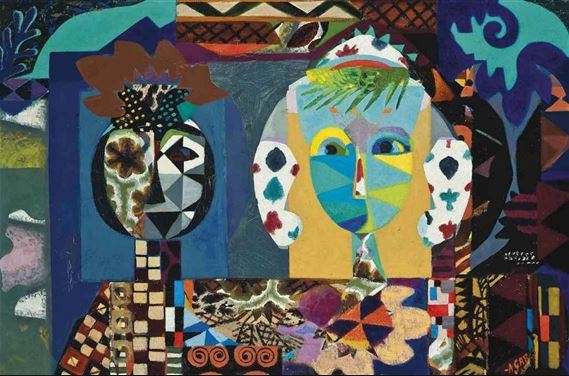| Shen-hsiu schreef:
‘Het lichaam is een boom van wijsheid, |
Huineng schreef ernaast:
‘Wijsheid is geen boom, |
Shen-hsiu was een geleerde en ervaren leerling van de vijfde Patriarch, die tevreden was over het gedicht van zijn student. Er wordt mee bedoeld dat je in zen wijsheid uit je lichaam haalt. ‘Je zit roerloos, stevig en ademt rustig. Lichaam en geest worden als één gezien.’ Huineng -een monnik die niet goed kon lezen en schrijven- verbaasde de vijfde Patriarch met zijn gedicht. Hij werd zijn leerling, en vervolgens zijn beroemde opvolger.
Zonder het opruimen van stof zullen we nooit helder inzicht krijgen. In zen is het doel in contact te komen met de werkelijkheid door middel van dit reinigingsproces. Het gedicht van Huineng is een voortzetting van het eerste gedicht. Een spiegel kan nooit vlekkeloos schoon zijn; zolang er een spiegel, een ‘ik’, is is het onvermijdelijk dat er stof op komt. ‘Wat te doen? De spiegel wegdoen! De spiegel van het ik loslaten. […] Zen probeert je te leren ervaren dat dit zelf geen subject of object is, maar de levende ervaring als zodanig. Het is de intimiteit van het leven, de levensstroom. Het ervaren daarvan heet verlichting.’ Het ‘ik’ moeten we niet proberen stuk te maken of onderdrukken, slechts aandachtig bestuderen door ons af te vragen wie het is die aan het denken en voelen is.



